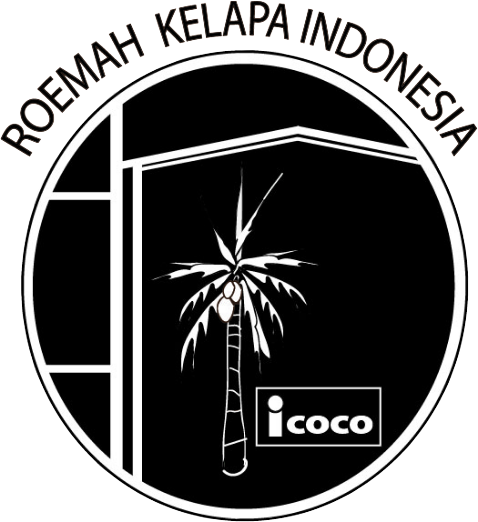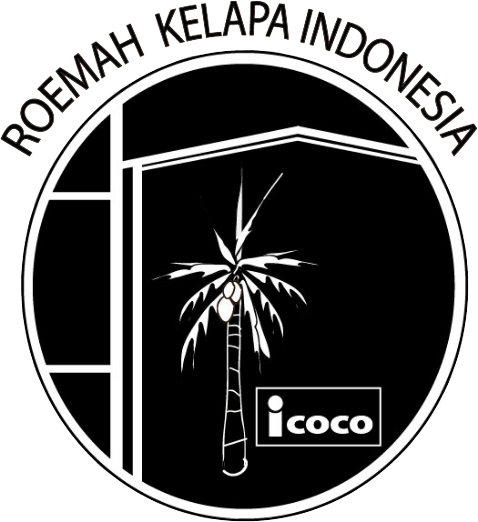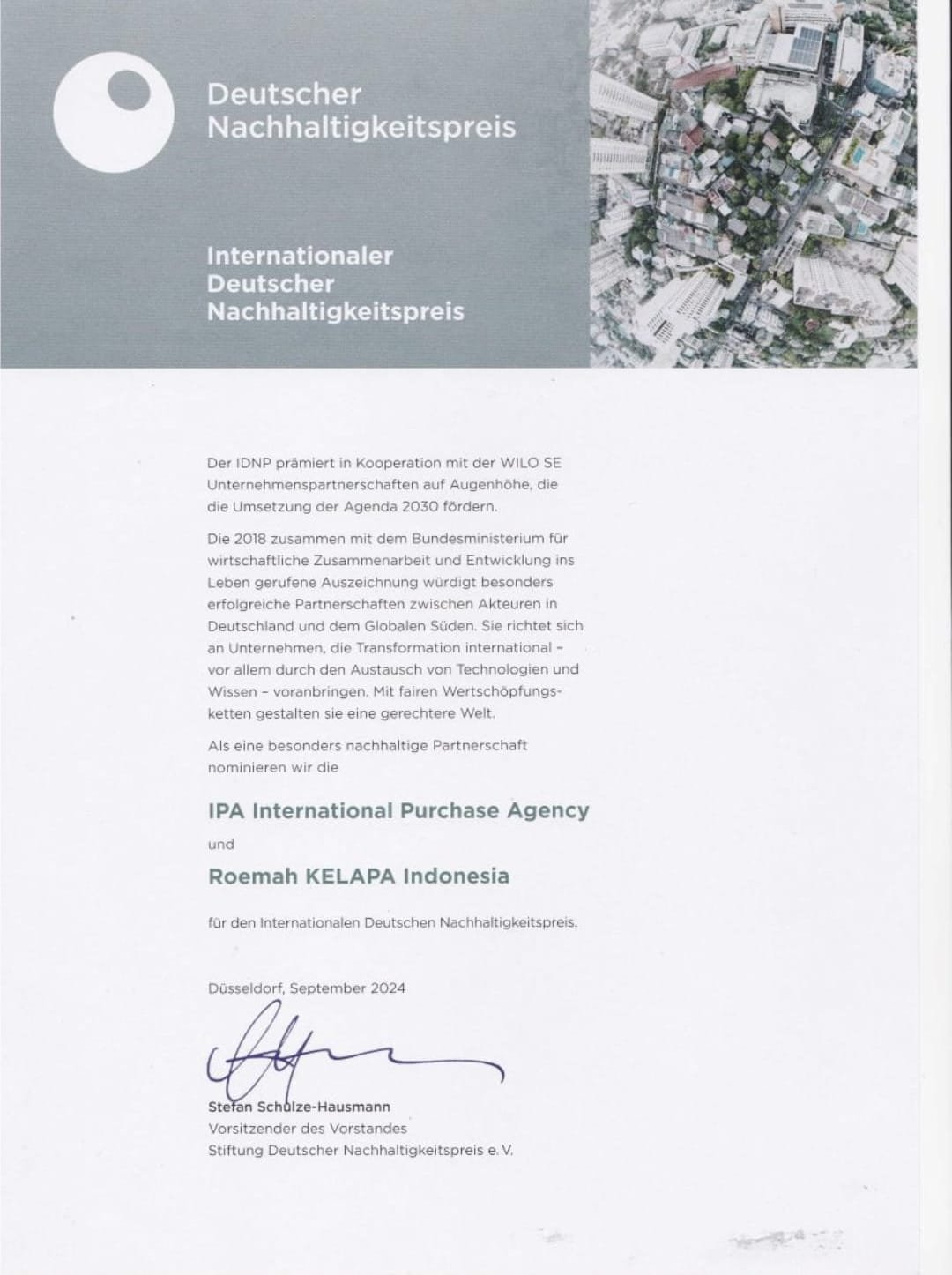

Roemah Kelapa Indonesia Group



The coconut tree (Cocos nucifera L.) represents one of the most versatile and multifunctional crops known to humankind. Virtually every part of the tree—including its roots, trunk, leaves, husk, shell, water, and meat—can be utilized for food, health products, energy, construction materials, household items, and industrial applications. This extensive utility has led to the coconut often being described as the ‘tree of life.’
Historically, coconuts required little to no deliberate cultivation. Their fruits naturally dispersed through ocean currents and germinated across tropical coastlines, allowing the species to spread and flourish independently. This biological capacity for self-propagation not only ensured the survival and expansion of coconut populations but also underscores the crop’s inherent sustainability in ecological and agricultural contexts.
In Indonesia, the world’s largest coconut-producing nation, the tree holds profound socio-cultural and historical significance. Beyond its economic role, the coconut has been deeply interwoven into the nation’s identity, traditional practices, and daily life—from culinary heritage and traditional medicine to rituals, crafts, and community livelihoods. Thus, the coconut tree is not merely an agricultural commodity, but an enduring symbol of resilience, sustainability, and cultural continuity across generations.
Galih Batara Muda,
CEO and Founder of Roemah Kelapa Indonesia
Jakarta, 18 Agustus 2025
